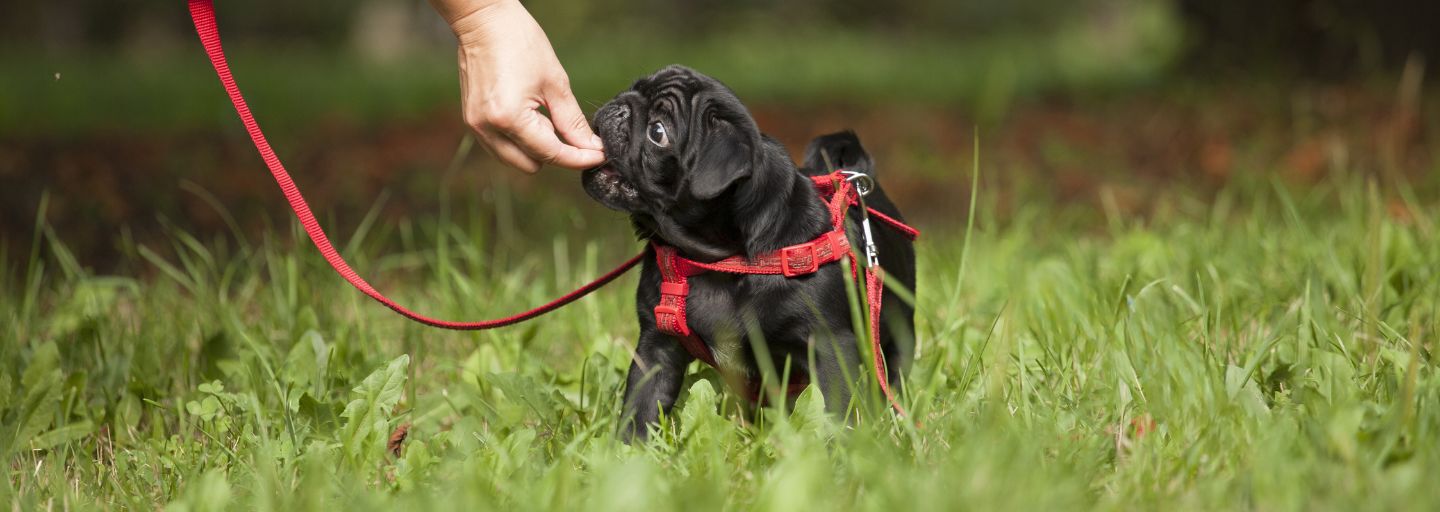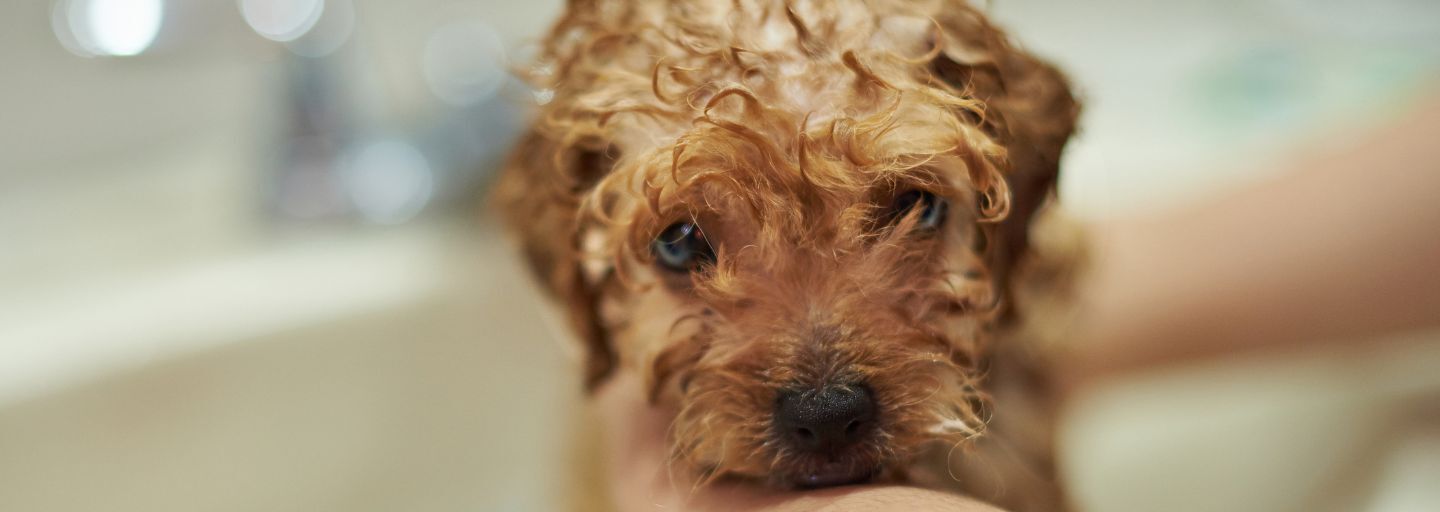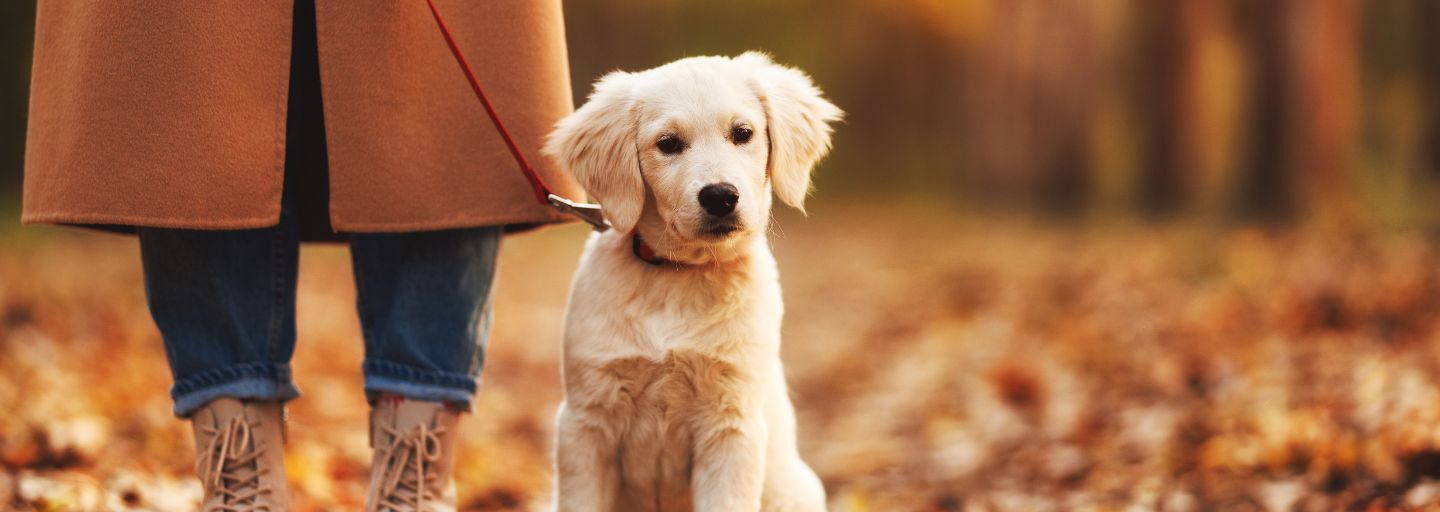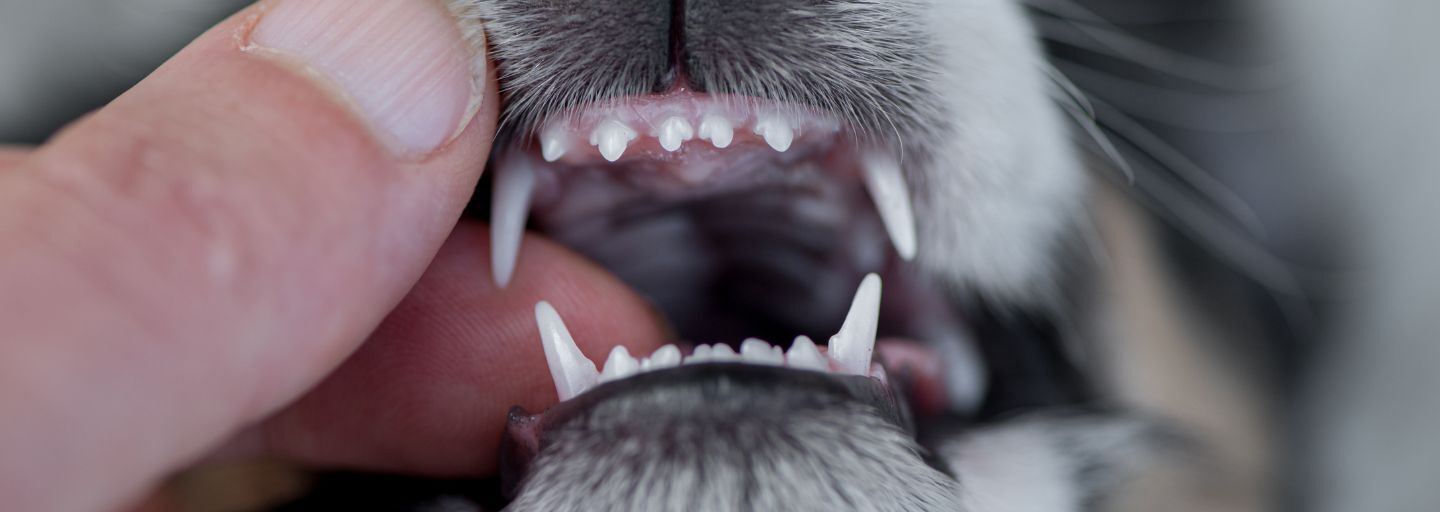In all the excitement of bringing your new puppy home, it is important to remember to start their training right away. The sooner you introduce good habits, the better it will be for both of you as your puppy learns to understand foundation skills and cues and gets to grips with your house rules. Puppy training doesn’t just improve their manners; it’s a fun and rewarding way for you to spend quality time together and really helps you strengthen your bond. Most dogs love training – it is a chance for them to challenge their brains, earn rewards and get lots of praise and attention! The fastest way to start your puppy training journey is to enrol in an excellent well run puppy preschool hosted by a qualified trainer that uses proven and current methods of positive reinforcement to develop skills in your little learner and shows you as the teacher the best ways to work with your new pup.
Teach your puppy their name
Puppy training should begin the day they arrive in your new home. Start by helping them to learn their name. Use it every time you want to get their attention before you play, feed them, or even handle them. Just like in humans, their name is used to grab their attention (and from our perspective give them an identity) so when distractions are low and they are not looking at you, say their name once, clearly and at them so there is a significant chance of them responding correctly and the instant they show any recognition that you made a noise (their name) reinforce them with praise and/or treats. They will will soon start to recognise it the sound you are making (their name) with a reason to connect with you. Once they know their name, you can use it to communicate with them and continue to train your puppy further.
Teach your puppy to walk on a lead
The next step is to get your puppy used to a collar and lead. This may feel a bit odd to them at first, so be patient – they will get there! Fit a light collar as soon as your puppy arrives home, and practice taking them for a walk on a light lead. If they haven’t had all their vaccinations, you’ll have to do this in your house and garden at first. They may well be very excitable or pull on the lead when you take them out. Relax, everything takes time and requires your patience and calm guidance.
Socialising your new puppy
Puppy training isn’t just about teaching them to 'sit' or 'fetch'. It is also vital that your new puppy is well-socialised if they’re going to grow into a happy and confident adult dog. Puppy schools are a wonderful way to train your puppy in some foundation training skills, as they allow similarly aged puppies to get together for fun and games. Make sure that you find one that is run by experienced trainers with current training methods and qualifications to prove it, as they’ll know how to make it a positive, enjoyable experience that will help build your pup’s confidence.
Puppy training classes may be the first time that some of the puppies attending have played with other pups since leaving their littermates, and many of them may look and behave very differently to the siblings they have left behind. Therefore, it is important for the professional supervision of the puppies playing together to be overseen by a qualified trainer who is savvy about understanding puppy and canine body language and interactive skills.
Puppy training classes
Good puppy training classes are an invaluable asset to your training and development journey with your puppy. If the training is provided in an appropriate location your puppy can join after their first vaccination (the one they get before they come home to you) as all classes should be held on a floor (which is disinfected and cleaned thoroughly before each puppy class) All puppies will be either at the same level as your puppy or have had more vaccinations than your puppy so everyone is safe. These are crucial for your puppy’s development and are great fun for you both.
At training classes, you will teach your puppy foundation exercises and cues. Every puppy class will have their slight variations so look for one that suits your needs. You may learn skills such as ’name recognition’, sit, down, stay, come, leave it, on your bed, and so much more – and you’ll also learn more about how to improve on your puppies skills and your training at home, body language, appropriate puppy playing, toilet training and the dreaded teething phase survival tips! These classes are an opportunity to teach owners as well as their pups and you will be shown how to train your pup using modern, kind, motivational approaches.
When you are looking for a puppy training class, you want one that’s friendly, organised, fun and reward/reinforcement based. There should be at least one fully qualified and accredited trainer (with or without an assistant) for every two to eight puppies. If you still have your doubts about a class, then ask the trainer if you can sit in on a class for a few moments before you sign up so that you are confident you’ve found the right place. If the class is over-crowded with either too many puppies and too many people, chaotic, unruly or the instructor shouts or punishes any one or dog attending, simply walk away. You and your best friend deserve better. Training without resorting to fearful inducing techniques is proven to be the ultimate way to raise your puppy.
Ask around your local area for firsthand experiences that people may have had, do some research, and find the right fit for you. Training your puppy helps to build a precious bond between the two of you, so enjoy every moment. Good luck and have fun!







